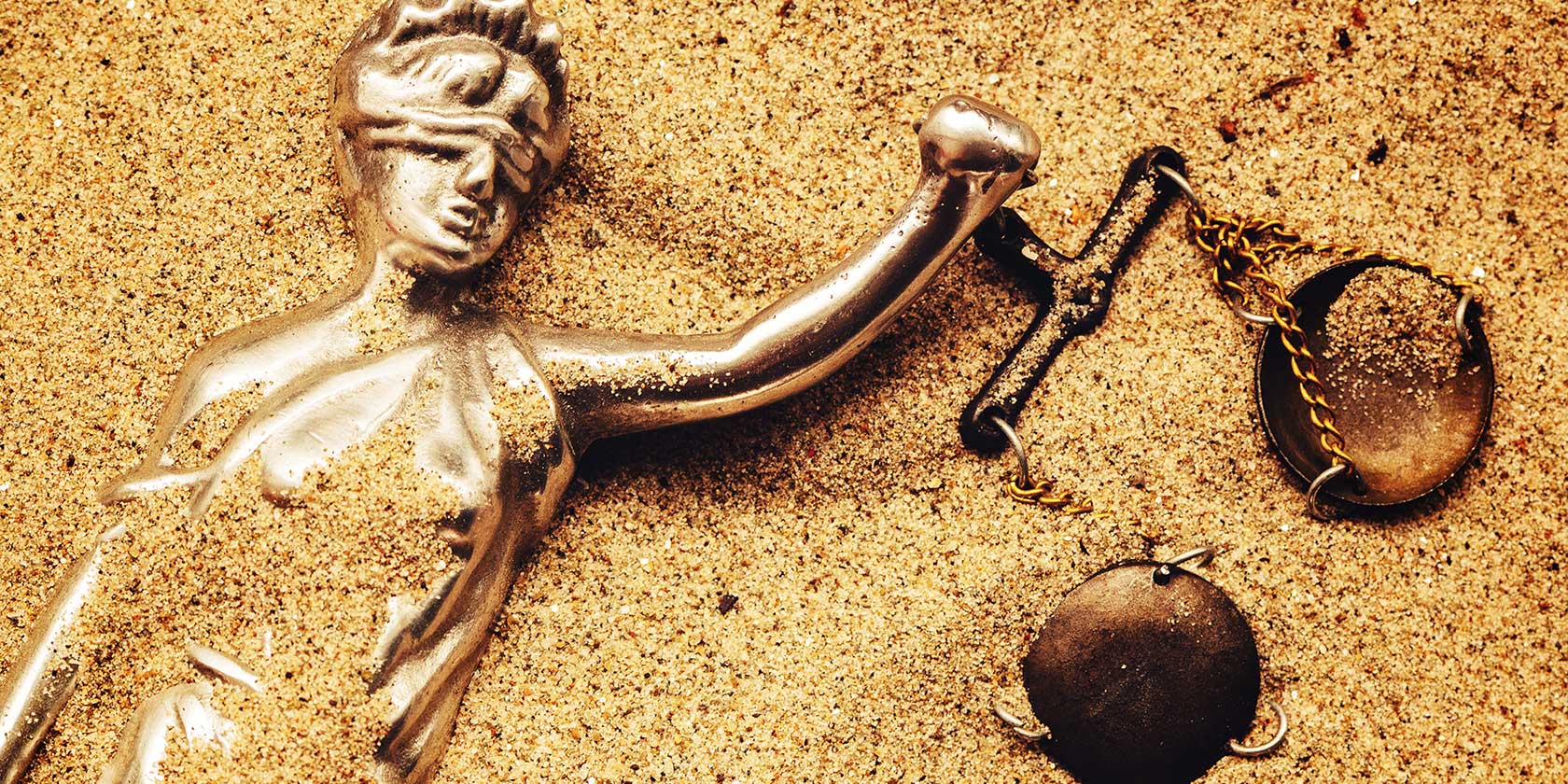Social media can be a force for controversy. However, the role of social media in the courtroom has come under heightened scrutiny after the actions of one juror in New York. Their actions highlighted the need to remind all sides that using social media can interfere with a party’s right to a fair trial.
But the implications of social media go far beyond juror conduct. Attorneys must remind themselves of the best practices to ensure that their clients receive a fair and just trial. Here are a few scenarios relating to social media use within a trial setting, with their outcomes explained.
Undisclosed Juror Use of Social Media During Trial
In the recent People v. Neulander case in New York, a jury verdict was set aside after it was discovered that juror number 12 had sent and received hundreds of text messages. This juror also accessed local media websites covering the trial and then tried to cover up the misconduct.
Whilst courts do not expect jurors to “live in a capsule,” they must, at the very least, maintain their commitment to not discuss the details of the case with any outside parties (which prohibits social media posts discussing cases). They must also report any attempt by others to influence their oath to be objective and co-operate with court investigations into matters of their conduct.
Improper Communication Between Lawyer and Juror Via Social Media
It is now commonplace when assessing jurors for selection for trial counsel to use search engines and social media to determine their suitability for selection, as long as no communication takes place with the juror-elect. Whilst this can be achieved rather easily when using some social media platforms, lawyers must be extremely careful when using platforms that generate automated responses about activity.
For instance, LinkedIn could leave a message indicating a lawyer that visited a juror’s profile. This can be interpreted as communicating with a juror, ruling them out of selection. Whilst the “communication” may not have been willful or intentional, some jurisdictions still class this as improper communication with a potential juror, even though the American Bar Association (ABA) does not.
Informing Jurors That Their Public Social Media Posts May Be Reviewed by Counsel
Once again, there is a difference of opinion between different courts and jurisdictions on the ethical question of whether jurors should be made aware that their public social media posts will be assessed by trial counsel.
While cities such as New York have the opinion that making them aware of the likely social media searches may put jurors off, the ABA state that it’s good practice for the court to make jurors aware that their public persona (including social media profiles) will be evaluated for trial counsel to assess them as a potential juror. It can also help to prevent any claims of impropriety surfacing later after jurors have been made aware that counsel has viewed their profile.
If You Have Knowledge of Misconduct via Social Media, When Should it be Disclosed?
If counsel knows a juror who has committed gross misconduct through their social media activity, it should be reported to the judge immediately. Failure to do so could cause a grave miscarriage of justice since it has such a disastrous effect on a defendant’s right to a fair trial.
There are already many examples of verdicts that have collapsed thanks to the misconduct of jurors (see the United States v. Parse). The issue (if arising from improper juror use of social media during the trial) can be made worse by a juror lying to cover up their impropriety. Therefore, if you see something you judge to constitute misconduct (such as social media posts discussing details of the case), you should report it even if you’re not sure if the activity is deemed worthy of misconduct.
Thanks for reading! If you enjoyed this article, let us know in the comments and feel free to share it on social media! Please contact us with any questions or concerns. At First Legal, we’re here for you from File Thru Trial™!




